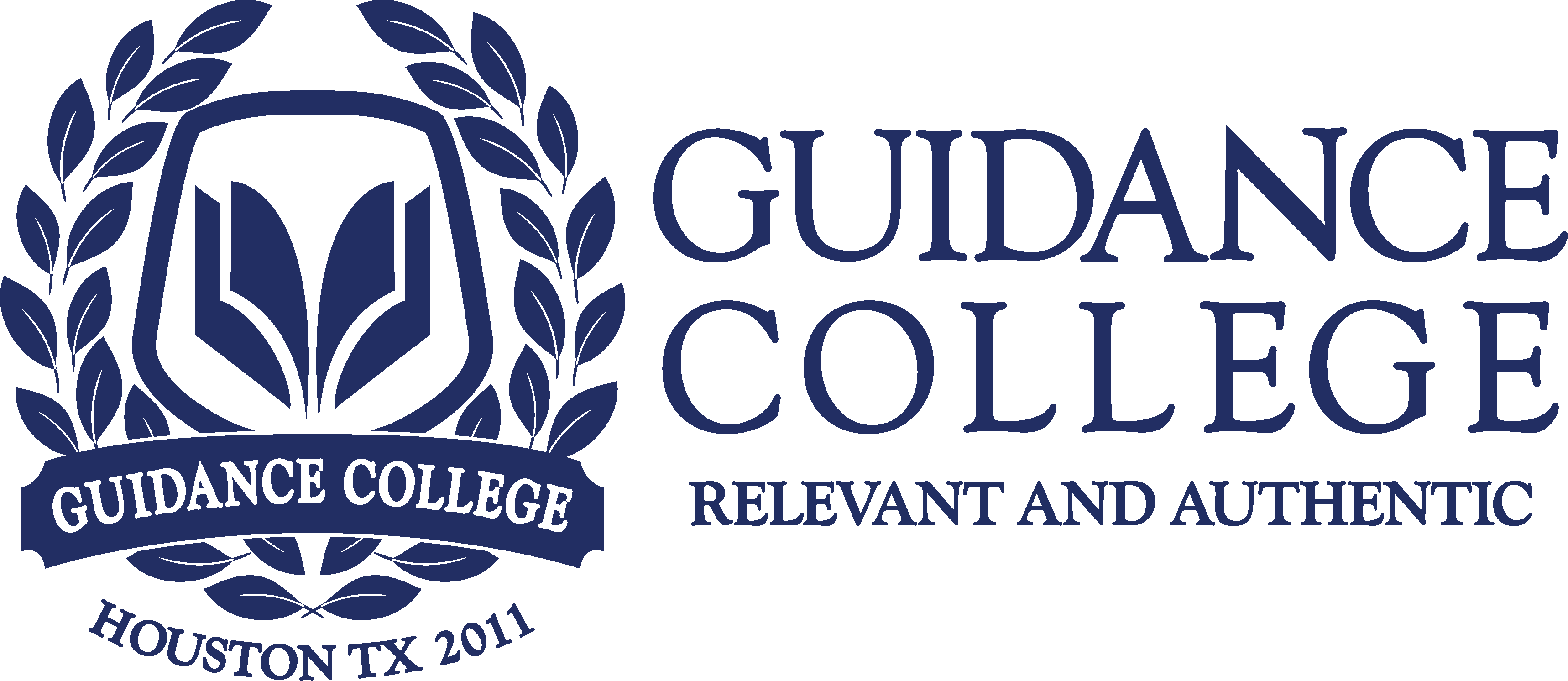FIQ112 FIQH OF WORSHIP I
Course Description:
This course highlights the history of Islamic Fiqh, characteristics, origins, developmental stages, and the four major juristic schools of thought, with more focus on the status of following certain school vs. choosing from different juristic schools. It aslo focuses on the basic rules of purification and prayers that every Muslim must learn for the correctness of his/her Ibadah (worship) and the reflection of Purification. This include Wudu (ablution), Tayammum (dry ablution), rules of sexual impurity, Ghusl (washing the whole body), rules of funeral,..etc.
Course Code: FIQ112
Credit hours: 3
Pre-Requisites: None
Learning Objectives:
- State the meaning of Fiqh, its sources, and its status in Islam.
- Write down the characteristics of Fiqh and trace its origins to the time of the Prophet (peace be upon him)
- Sequence and outline major historical highlights in the developmental stages of Fiqh.
- Summarize the establishment of the four Islamic schools of thought and the factors that led to them.
- Write an essay describing the contributions made by the scholars of the main schools of thought, and critically analyze their belief and etiquette towards each other and difference of opinion.
- Ability to identify the main reasons for conflicted rulings.
- Ability to identify the causes and effects of Taqleed or following one school only.
- Compare and contrast societal effects of how conflicted rulings are handled today vs. during the time of the first three generations, and expound on relevant questions/solutions for inquiry.
- Ability to use critical thinking skills to compare different fiqh opinions to come up with the relevant opinion that makes the best fit for the circumstances of Muslims in the United States.
- Students will be able to state general and specific concepts of Ibadah (Worship), and its relationship with the whole system of Islam.
- Students will be able to write down the Fiqh rulings regarding Taharah (Purification), such as its conditions, the kinds of water used, Najasaat (Impurities), Istinja’ (Cleaning after going to the bathroom), purifying the body and clothes, Salah (prayer), and the different kinds of blood: Haidh (Menstruation), Istihadah (irregular bleeding) and Nifaas (Post-Childbirth Bleeding)
- Students will be able to summarize in their own words, the goals of Taharah and Salah in relation to the individual, the family, and the Ummah.
Course Outlines:
- The First Stage: Foundation
- The Second Stage: Establishment
- The Third Stage: Building
- The Fourth Stage: Flowing
- The Madh-habs: Schools of Islamic Legal Thought
- Main Reasons for Conflicting Rulings
- The Fifth Stage: Consolidation
- The Six Stage: Stagnation and Decline
- Imams and Taqleed
- Differences Among The Ummah
- At-Taharah (Purification) : This includes the ruling on purification, its division, its conditions Kind of water used, Najasaat (Impurities), Istinja’ (Cleaning after going to the bathroom), purifying the body and clothes, Haidh (Menstruation), and Nifaas (Post-Childbirth Bleeding)..etc.
- Wudhu (Ablution): This includes the obligatory parts of the ablution, the Sunnah acts of the ablution, nullification of ablution, Wiping over the socks, al-Ghusl (Body wash), and Tayammum (Dry ablution)..etc.
- Salah (Prayer): This includes Adhan (Call to prayer), ruling about Salah, its condition, its Arkaan (Obligatory acts of the prayer), the Sunnah acts of the prayer, Witr prayer, the late night prayer, the special prayer ( Taraweih, Istikharah, Istisqa and Kasuf), Juma’h prayer (Friday prayer), Salatul Jama’ah (Congregational prayer), and Salatul ‘Idain (EID Prayer)..etc.

